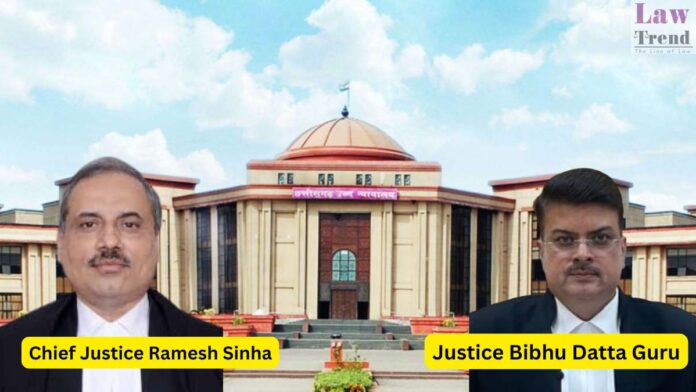The Chhattisgarh High Court has emphatically reiterated the stringent legal standard for interfering in an appeal against acquittal, ruling that appellate courts can only intervene if the trial court’s findings are “impossible or perverse.” A Division Bench of Chief Justice Ramesh Sinha and Justice Bibhu Datta Guru made this observation while upholding the acquittal of
To Read More Please Subscribe to VIP Membership for Unlimited Access to All the Articles, Download Available Copies of Judgments/Order, Acess to Central/State Bare Acts, Advertisement Free Content, Access to More than 4000 Legal Drafts( Readymade Editable Formats of Suits, Petitions, Writs, Legal Notices, Divorce Petitions, 138 Notices, Bail Applications etc.) in Hindi and English.




